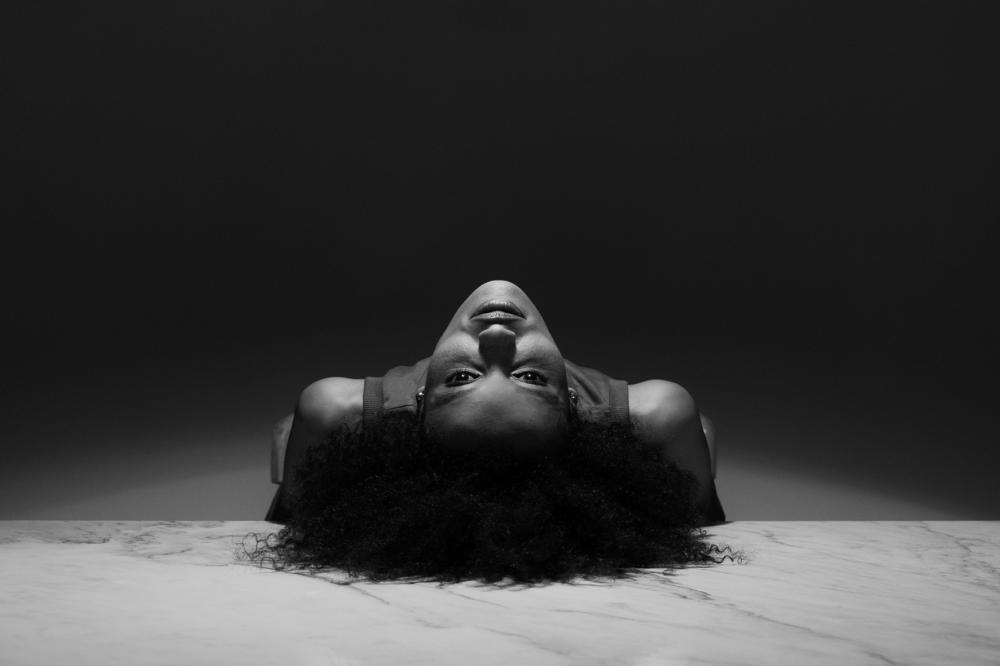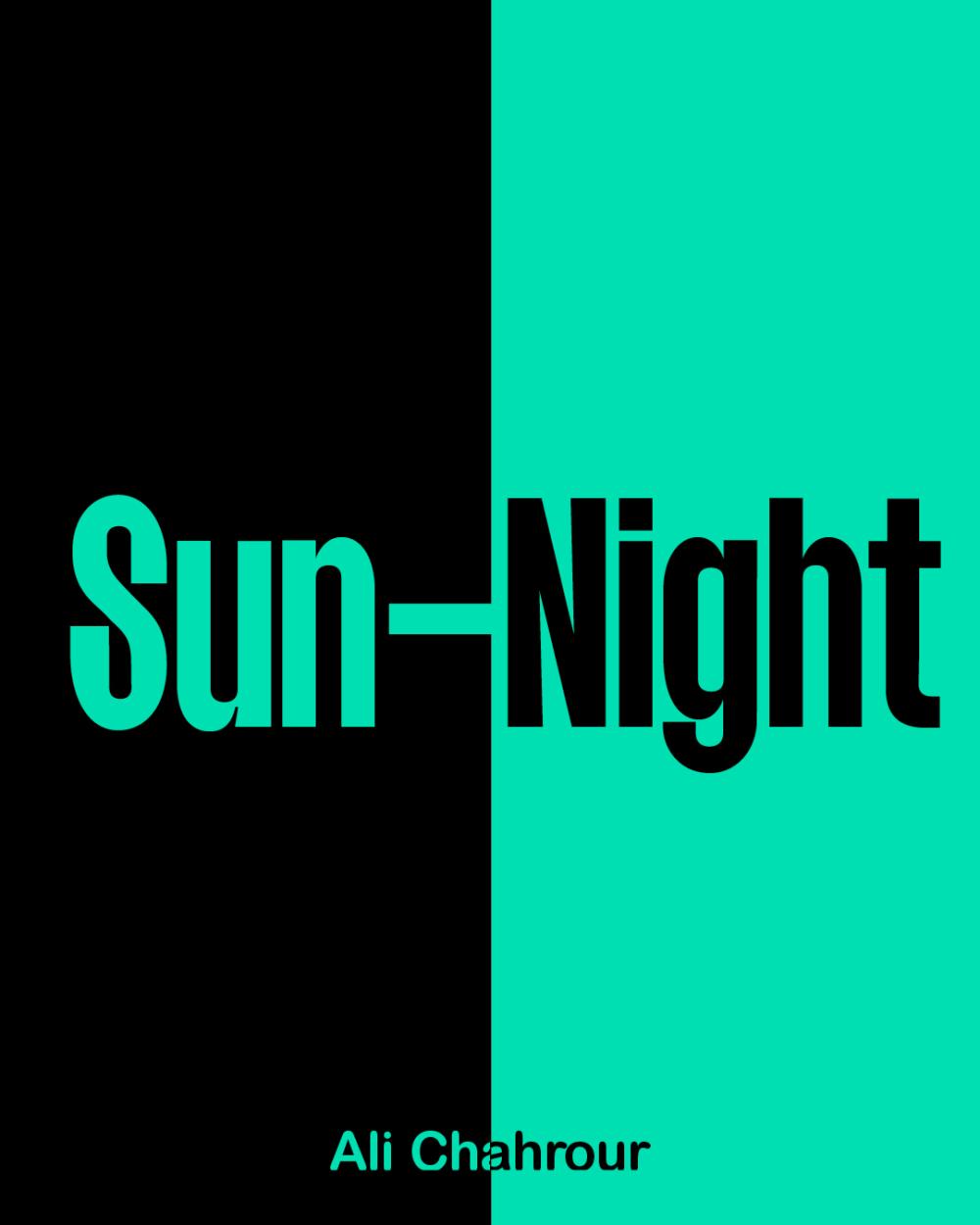When I Saw the Sea
Hundreds of migrant workers in Lebanon have lost their lives over the years through suicide, domestic violence, and abuse. These tragedies are undeniably linked to racial discrimination and the Kafala system, which allows employers to exercise almost total control over the employment and migration status of migrant workers. An enormous lack of protection makes the system a breeding ground for modern-day slavery.
In times of crisis these catastrophes become even more visible, when the most marginalized are left to fend for themselves on the streets: homeless, unpaid, and without identity papers. On 27 September 2024, for example, when employers left countless domestic workers behind in the midst of a devastating war. While the Lebanese Ministry of Education opened camps for displaced citizens, migrant workers were excluded. Many were forced to flee to the Beirut coast. There, they experienced, for the first time, an ‘endless horizon of possibilities’: they saw the sea for the first time.
Ali Chahrour brings together three women who were themselves victims of the Kafala system, but were able to escape. For the first time, they take the stage and give their voices to their community of domestic workers with migrant backgrounds in Lebanon. In a journey through music, dance, and theatre, they explore themes of resilience, heroism, injustice, and resistance against an oppressive system and the widespread racism in Beirut. Zena, Tenei, and Rania enter an almost-barren stage to the music of Abed Kobeissy and singer Lynn Adib, which acts as an intersection between a burning country and the Mediterranean Sea. In their organic, energetic performance, they dance not only their own stories but also those of many others.
• Born in Beirut, choreographer and dancer Ali Chahrour weaves a gestural language, freed from Western codes, that echoes the soul of his culture, shaped by the complexities of politics, faith, and history. He creates series in which different works enter into dialogue with one another. After a trilogy on Death, he embarked on a series of performances dedicated to Love with Night (2019), Told by my Mother (2021), The Love Behind My Eyes - which earned the ZKB Patronage Prize in 2022 -and Iza Hawa (2023). Blending lyrical poetry, movement, and raw emotion, crafting a vivid tapestry of human connection, Ali is currently working on a new trilogy revolving around the theme of Fear.
direction and choreography Ali Chahrour ⎸ performers Zena Moussa, Tenei Ahmad, Rania Jamal ⎸ music composed and performed by Lynn Adib, Abed Kobeissy ⎸ assistant to the direction and choreography Chadi Aoun ⎸ light design and technical director Guillaume Tesson ⎸ assistant to the technical director Pol Seif ⎸ sound designer Benoît Rave ⎸ scenography Guillaume Tesson, Ali Chahrour ⎸ communication manager Chadi Aoun ⎸ text editing Hala Omran ⎸ produced by Ali Chahrour ⎸ production managers Christel Salem, Chadi Aoun ⎸ co-produced by Le Festival d’Avignon, Ibsen Scope, HAU Hebbel am Ufer, Berlin Arab Fund for Arts and Culture (AFAC), Al Mawred al Thaqafi, DeSingel Antwerp, Domino Zagreb / Perforations Festival, Holland Festival, Zürcher Theater Spektakel, Al Madina Theater ⎸ with the support of Beryte Theater, L’Institut Français de Beyrouth, Wicked Solutions, WASL Productions, Beit el Laffé, Orient 499, Raseef, Beirut Houna center, Zoukak Theatre | special thanks to Viany Ngemakoue, Sophie Ndongo, Jouma Fayé, Mariam Sesay, Sarie Teshome, Aisha Temam, Raheel Teshome, Mihret Birhane, Laurentine Mbekati, Mohana Ishak, Hussein Hajj, Anthony Sahyoun, Ali Khedr, Eric Deniaud, Chrystèle Khodr, Raymond Zakaria, Hind Hamdan, Kafa Megaphone, Seenaryo, Daraj Media, Hammana Artist House



